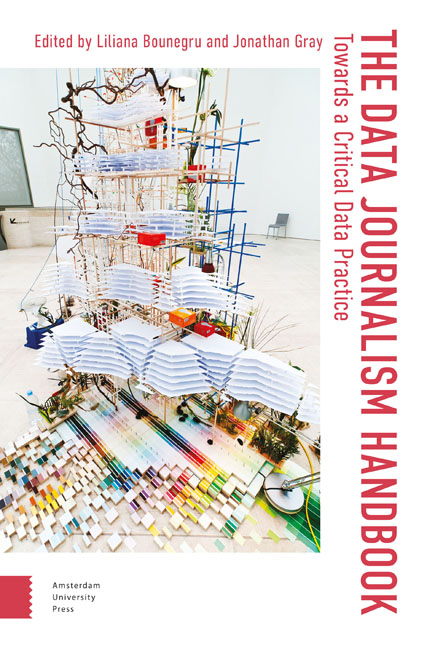38 - From The Guardian to Google News Lab: A Decade of Working in Data Journalism
Summary
Abstract
A personal narrative of the last decade of data journalism through the lens of the professional journey of one of its acclaimed figures.
Keywords: data journalism, The Guardian's Datablog, WikiLeaks, open data, transparency, spreadsheets
When I decided I wanted to be a journalist, somewhere between the first and second years of primary school, it never occurred to me that would involve data. Now, working with data every day, I realize how lucky I was. It certainly was not the result of carefully calibrated career plans. I was just in the right place at the right time. The way it happened says a lot about the state of data journalism in 2009. I believe it also tells us a lot about data journalism in 2019.
Adrian Holovaty, a developer from Chicago who had worked at The Washington Post and started EveryBlock, a neighbourhood-based news and discussion site, came to give a talk to the newsroom in the Education Centre of The Guardian on Farringdon Road in London. At that time I was a news editor at the print paper (then the centre of gravity), having worked online and edited a science section. The more Holovaty spoke about using data to both tell stories and help people understand the world, the more something triggered in me. Not only could I be doing this, but it actually reflected what I was doing more and more. Maybe I could be a journalist who worked with data. A “data journalist.”
Working as a news editor with the graphics desk gave me the opportunity to work with designers who changed how I see the world, in Michael Robinson's talented team. And as the portfolio of visuals grew, it turned out that I had accumulated a lot of numbers: Matt McAlister, who was launching The Guardian's open API, described it as “the motherlode.” We had GDP data, carbon emissions, government spending data and much more cleaned up, all saved as Google spreadsheets and ready for use the next time we needed it.
What if we just published this data in an open data format? No PDFs, just interesting accessible data, ready to use, by anyone.
- Type
- Chapter
- Information
- The Data Journalism HandbookTowards A Critical Data Practice, pp. 279 - 285Publisher: Amsterdam University PressPrint publication year: 2021



